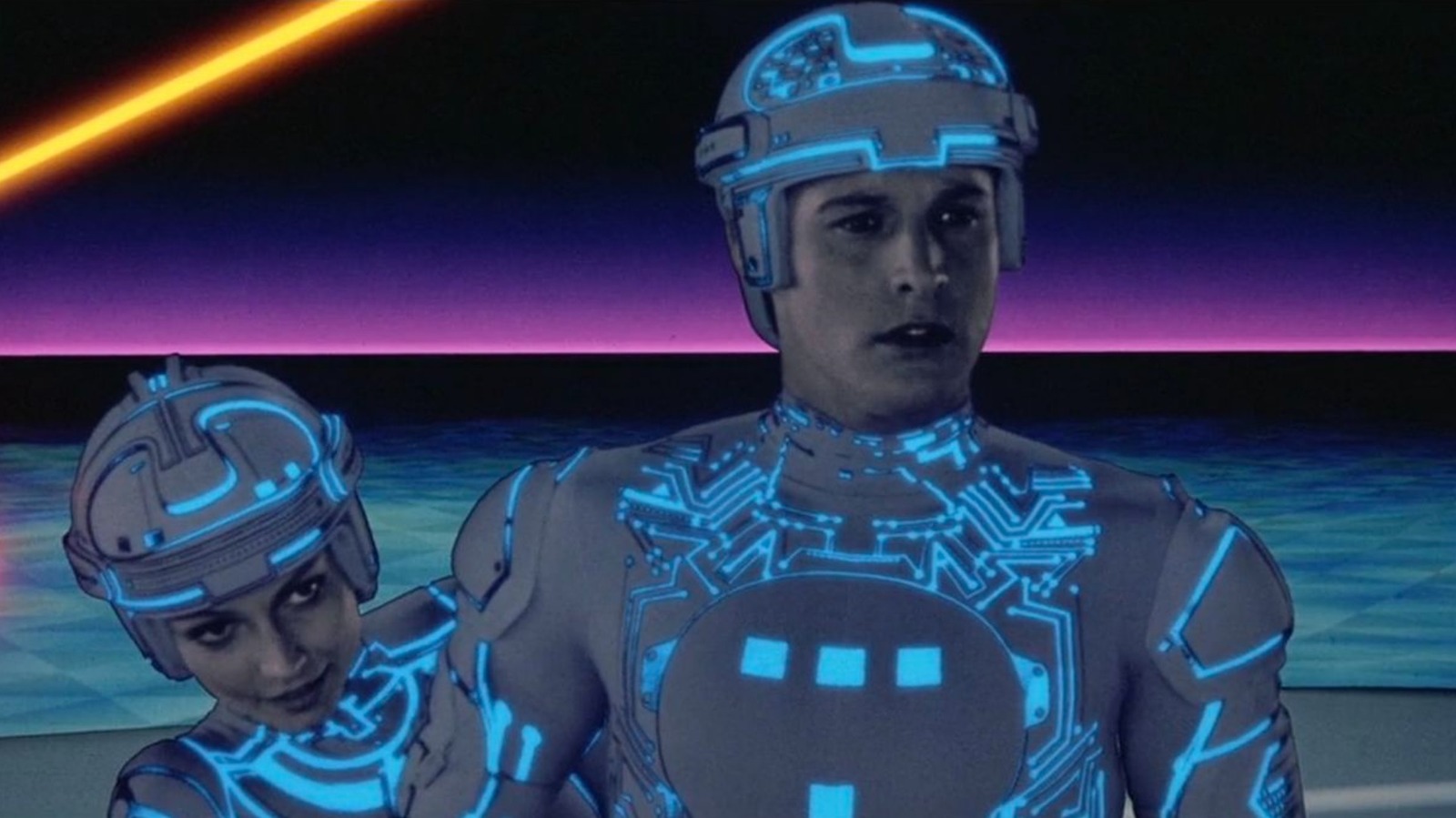
Per Lisberger, any piece of technology, including AI, is supposed to be a mirror to us, so how it manifests in the future is in our hands. He describes it as a parent-child relationship, where we, the creators of said technology, need to take on the role of the responsible adult, as our behavior is going to be mimicked and built upon by an algorithm that is constantly growing. “So the question is, regarding AI, who’s going to be the adult in this relationship? Because I look at the world and I have a longing for a more adult attitude, particularly in America these days,” Lisberger states, urging the artistic community to make use of AI with discernment, as it is an imperfect tool that will make mistakes. The goal isn’t to replace or simulate human ingenuity, but to use technological tools to heighten what already exists in the artistic process.
“Tron” sports a relatively simplistic take on the sentient cyberspace, where a rogue program rejects users and establishes its own autocracy inside the Grid. With the arrival of users, this status quo is shattered, and the disenfranchised programs side with Flynn and co., with Tron (the digital alter ego of a user) spearheading their efforts to free entrapped programs and eliminate the corrupt MCP.
This is akin to purging a virus that infects the system and prevents programs from carrying out their intended function — only this time, an infected program helps the user by fighting back to eliminate the corruption. There is an endearing charm to this concept, as “Tron” views technology as a friend, where its unsavory aspects can be counteracted with bravery and the power of friendship. It fails to factor in human hubris or foolishness, taking a more idealistic approach to any conflicts that might arise.
“Tron: Legacy” is more nuanced in its approach to the new cyberspace, as the rogue AI that rules it, CLU (Bridges), is an identical replica of Flynn. CLU doesn’t merely resemble Flynn, but also amplifies his worst impulses, which manifest in the form of treachery, control, and an inflated sense of self. His maker, Flynn, grapples with his own limitations throughout the film, including his inability to face his son Sam (Garrett Hedlund), who unwittingly inherits the cyberspace. This time, the threat is dire: CLU intends to break out into the real world, as he wants to infect everything, take over the realm of users, and flip the status quo in his favor. “Tron: Legacy” understands the risk of unchecked human ambition, as Flynn’s failures as a creator influence and shape the worst impulses in CLU, his digital mirror.
